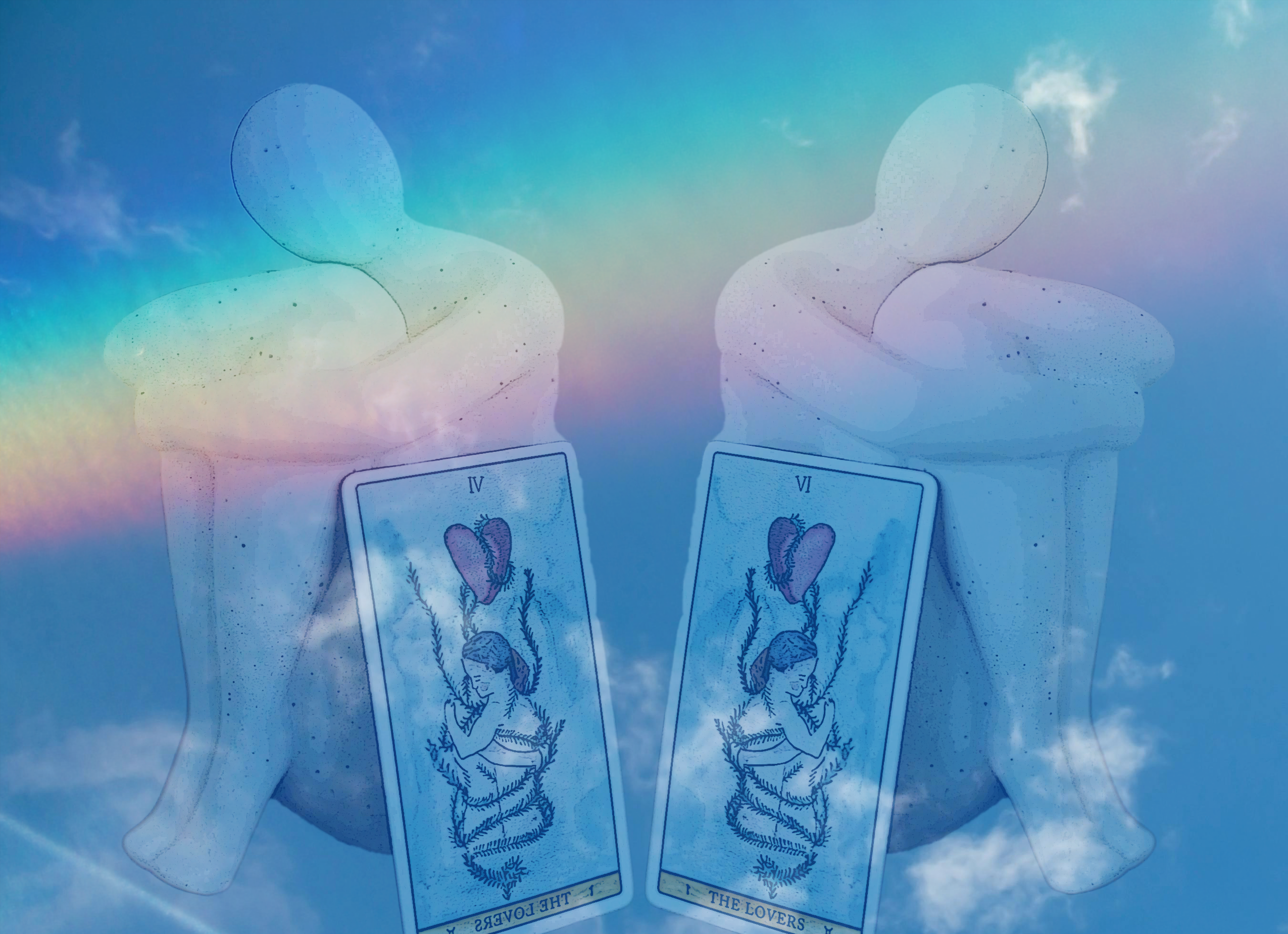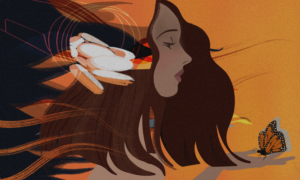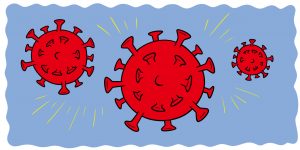After years of advocacy from those involved in Georgetown’s Disability Studies Program, the university will now offer a disability studies major, according to an April 15 announcement. Students in the College of Arts and Sciences can declare the major starting fall 2025.
English professor Libbie Rifkin founded the disability studies minor in 2017, and those involved in the program have been working to expand the offerings since.
“About two or three years ago, many students started saying, ‘Why can’t we have a major?’” pediatrics professor Toby Long, a faculty member of the Disability Studies Program since its inception, said. “So, we started looking into it and doing some investigation of other universities that have a major—and there’s not very many of them.”
After several years of work, Georgetown will become the second top 25 university to offer a major program dedicated to disability studies this fall.
“There are very few non-professional liberal arts, interdisciplinary disability studies majors like the one that we now have at Georgetown,” professor Quill Kukla, director of the Disability Studies Program from 2022 to 2024, said. “We felt like we had the opportunity to do something very cutting edge.”
According to Kukla, the minor’s success inspired the major, and both will serve as integral parts of the program going forward.
“A lot of people want to attach the minor onto a pre-med program or a pre-law program or something like that, which doesn’t really give them room for a whole other major. So our minor is still extremely important,” they said. “But, for people who really are looking for a career in or near disability studies itself, or something that has to do directly with disability, the major is going to be a really good option.”
The disability studies major is designed for students pursuing a variety of career paths including academia, health policy, occupational therapy, social work, and health and disability law.
Long said that the expansion of the program into a major will open up space for students to do more in-depth study and scholarship around disability, as well as provide further opportunities for internships and research with faculty.
“There are many faculty throughout the campus that work in areas related to disability, that would be fabulous opportunities for the undergraduates to work with and explore issues—some issues that may not, at first blush, be affected by or affect people with disabilities,” Long said.
Students and faculty recognize that disability intersects with other fields of study and aspects of life, such as law, culture, medicine, art, and more. For this reason, it’s critical that the program is robust, according to Paige Benish (SFS ’28), who is considering a disability studies minor.
“Disability is such a facet of human life, and it’s so misunderstood and stigmatized by society,” Benish said. “It’s really exciting that some people are going to use their undergraduate time to become experts in that and hopefully influence the world for the better based on the perspectives they get.”
Professors are also excited to see the program expand after years of advocacy from faculty and students, according to Theodora Danlevich, an English professor who teaches disability studies classes.
“I think disability studies is a very valuable perspective that informs virtually all struggles towards justice, because the orientation towards disabled experiences helps us to really hone in on fundamental ways in which structures and systems need to be reassessed and reimagined,” she said.
The disability studies major fits well with Georgetown’s values, such as cura personalis, Kukla said.
“A major that really emphasized thinking about how people have diverse bodies and minds and perspectives and are enmeshed in networks of care and vulnerability and dependency and strength and so forth, was just a really good fit with what Georgetown claims to value,” they said.
Long echoed Kukla’s sentiment.
“It’s a perfect place to have an academic unit that investigates disability, not as an impairment, but as a component of the life course,” Long said.
Benish is excited for the new major, but emphasized the importance of the Disability Studies Program remaining centered around the leadership and experiences of disabled people. According to Kukla, many, but not all, of the current faculty have disabilities.
“I see a potential scenario where we have the disability studies major in place, but we lose leadership of disabled people, and then it becomes, ‘Oh, we’re studying about disabled people,’” they said.
Benish added that disabled experiences are not a monolith and hopes that the program is careful not to teach it that way, especially when non-disabled professors teaching courses about the disability.
“In general, disability is such a dynamic, versatile thing that different people go through wildly different stuff, and so, even as someone who’s been disabled my almost entire life, I don’t experience everything. I don’t have the authority to talk about everything,” they said.
Despite this caution, Benish emphasized that they are still excited about how the growth of the program could allow others to better understand the perspectives of disabled people.
Kukla believes that disability studies’ growth into a major will bring it deserved attention in the academic world, which is especially important for a subject focusing on diversity that exists on campus.
“A lot of our faculty—not all, but a lot of our faculty—are disabled and a lot of our students are disabled,” they said. “It’s a place where disabled community members are fully contributing to the intellectual life of the university, which I think is really exciting.”
Editor’s note: Paige Benish is a contributor to the Voice.






